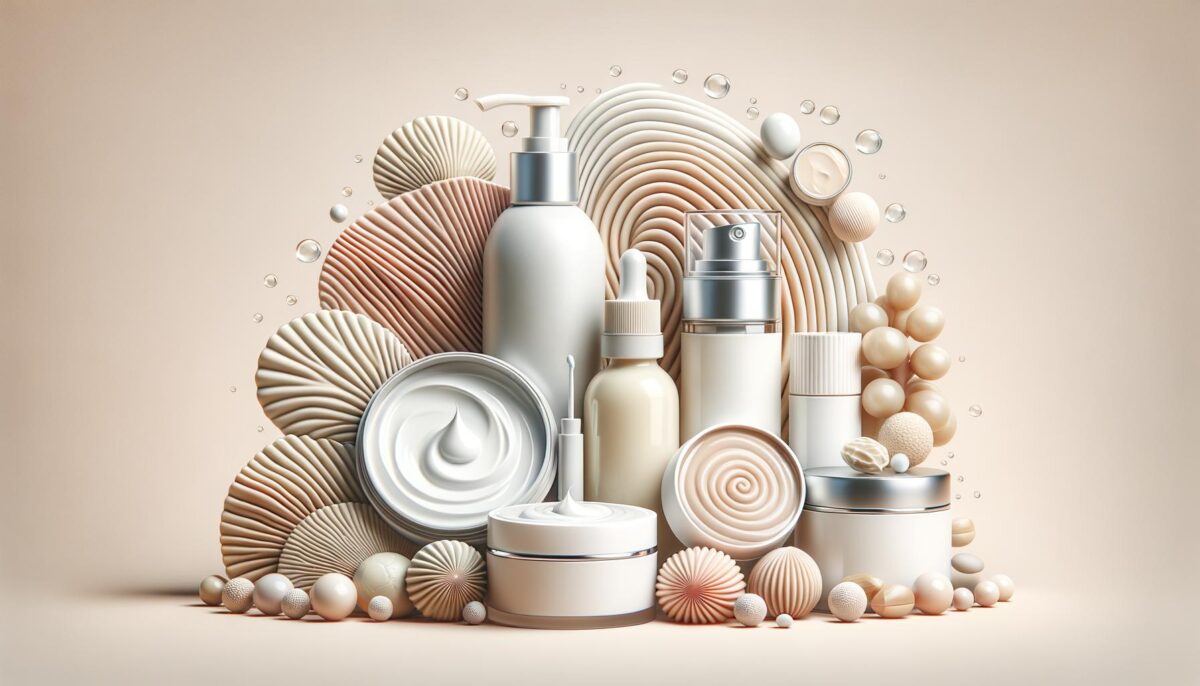The Science Behind Wrinkle Creams
Wrinkle creams are popular in the beauty industry for their promise of youthful skin. The effectiveness of these creams typically hinges on their ingredients, which often aim to boost the skin’s hydration and elasticity. Common active constituents include retinoids, peptides, antioxidants, and hyaluronic acid. Retinoids are known for increasing collagen production, thereby enhancing skin firmness and reducing fine lines. Peptides, on the other hand, signal skin cells to produce more collagen, helping to restore youthful smoothness.
Scientific studies support the benefits of antioxidants, such as vitamins C and E, which protect the skin from damaging free radicals and environmental stressors, thereby potentially delaying the skin’s aging process. Hyaluronic acid is revered for its ability to retain moisture, keeping skin plump and hydrated. When choosing a wrinkle cream, understanding these components can help consumers make informed decisions about which formulation might be most likely to deliver results for their skin type and concerns.
Understanding Different Skin Types
When it comes to selecting a wrinkle cream, considering one’s skin type is crucial. Different formulations cater to different skin needs, ensuring that the active ingredients are effectively absorbed.
- For oily skin, lightweight, non-comedogenic formulas are recommended to prevent clogged pores.
- Those with dry skin might benefit more from rich, emollient creams that focus on hydration.
- Sensitive skin requires gentle, calming ingredients, avoiding potential irritants like fragrances and dyes.
By aligning a product with these specific needs, users can maximize the product’s benefits while minimizing adverse reactions. A consultation with a dermatologist can also provide personalized advice, guiding individuals toward wrinkle creams that best address their skin’s unique characteristics.
The Role of Lifestyle in Skin Health
While wrinkle creams offer a topical solution, the role of lifestyle cannot be overstated. A comprehensive approach to skin health includes dietary choices, sun protection, and hydration. A diet rich in antioxidants, such as those found in colorful fruits and vegetables, supports overall skin vitality. Adequate hydration is essential in maintaining a supple skin surface, enhancing the effectiveness of topical applications.
Moreover, diligent use of sunscreen forms the first line of defense against premature skin aging, largely caused by UV exposure. Reactive oxygen species triggered by sunlight accelerate the formation of wrinkles, underscoring the importance of sun protection daily. Integrating these elements into daily routines reinforces the results promised by wrinkle creams.
Choosing the Right Product
With myriad options on the market, selecting the right wrinkle cream might seem daunting. It is advised to focus on products that promise gradual rather than overnight results, as these are more likely to be trustworthy and backed by science. Reading reviews from other users can provide insights into the product’s performance and tolerability.
- Look for products backed by clinical studies.
- Ensure the product is suitable for your specific skin concerns.
- Consider the concentration of active ingredients as they can vary greatly between products.
Patience is key when integrating a new product into your skincare routine. Allow several weeks to observe potential improvements, documenting any changes to better assess long-term efficacy.
The Power of Consistency
Consistency is vital when it comes to achieving desired outcomes with wrinkle creams. Regular application, as directed, often yields better results than sporadic use. It’s important to follow the guidelines provided with the product and integrate the cream into a well-rounded skincare routine. This routine might include cleansing, moisturizing, and applying sunscreen to fully protect and nourish the skin.
Building such a routine establishes a foundation for sustained skin health. Additionally, keeping track of the skin’s response to the new regimen can help in tweaking the approach for optimal results. Skincare is a long-term investment in one’s well-being and appearance, emphasizing routine as a pillar of success.
Conclusion
Wrinkle creams can be a valuable part of an anti-aging strategy, helping maintain skin’s radiance and youthfulness. Supported by a thorough understanding of ingredients, skin types, and lifestyle factors, these products may improve the appearance of fine lines over time. Selecting the right product requires careful consideration, patience, and dedication to a regular skincare routine. In so doing, individuals can enjoy the benefits of these products, boosting their confidence in their appearance as they embrace every stage of life.
